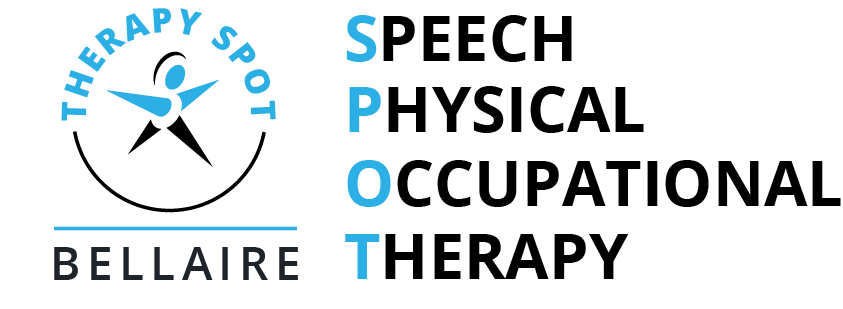What Is Concussion?
Concussion is a brain injury that occurs when the brain is shaken inside the skull, causing changes in the brain’s chemistry and energy supply. A concussion might happen as a result of a direct blow to the head or an indirect force, such as whiplash. You might or might not lose consciousness.
Concussion-Small
Concussion: See More Detail
Signs and Symptoms
There are many symptoms related to concussion, and they can affect your physical, emotional, and mental well-being.
Physical symptoms may include:
Headache
Dizziness
Difficulty with balance
Nausea/vomiting
Fatigue
Difficulty with sleeping
Double or blurred vision
Sensitivity to light and sound
Cognitive (thinking) symptoms may include:
Difficulty with short-term or long-term memory
Confusion
Slowed “processing” (for instance, a decreased ability to think through problems)
“Fogginess”
Difficulty with concentration
Emotional symptoms may include:
Irritability
Restlessness
Anxiety
Depression
Mood swings
Aggression
Decreased tolerance of stress
How Is It Diagnosed?
Concussion is easy to miss because diagnostic imaging, such as such as magnetic resonance imaging (MRI) or a computed tomography (CT) scan, usually is normal.
Because of the variety of possible symptoms that can interfere with day-to-day activity, seek coordinated medical care immediately. Your health care professionals may include a physician with expertise in concussion, a neuropsychologist, and a vestibular physical therapist (a physical therapist who specializes in treating balance disorders and dizziness).
After a concussion, limit any kind of exertion. The brain won’t have time to heal if you increase physical exertion too soon—such as returning to social activities or sports—or if you increase cognitive demands too soon, such as returning to school or work. You can slowly resume normal activities only once your symptoms have improved and stay improved.
How Can a Physical Therapist Help?
Physical therapists can evaluate and treat many problems related to concussion. Because no 2 concussions are the same, the physical therapist’s examination is essential to assess your individual symptoms and limitations. The physical therapist then designs a treatment program.
Help Stop Dizziness and Improve Your Balance
If you have dizziness or difficulty with your balance following a concussion, vestibular physical therapy may help. The vestibular system, which includes the inner ear and its connections with the brain, is responsible for sensing head movement, keeping your eyes focused when you move your head, and helping you keep your balance. A qualified vestibular physical therapist can provide specific exercises and training to reduce or stop dizziness and improve balance and stability.
Reduce Headaches
Your physical therapist will examine you for neck problems following a concussion. Neck injuries can cause headaches and contribute to some forms of dizziness. Your therapist also can assess your back for possible injuries to your spine.
As symptoms due to concussion improve, your physical therapist will help you resume physical activity gradually, to avoid overloading the brain and nervous system that have been compromised by concussion.
It’s important that you follow the recommendations of all health care professionals so that you can achieve the greatest amount of recovery in the shortest amount of time.
Real Life Experiences
You’ve just come home from a soccer game where your 15-year-old daughter was star goalie. She admits to you that she “dinged” her head during a play in the second half and did not tell anyone. She’s complaining of headache and dizziness, and she’s sensitive to light.
What do you do next?
You monitor the next 24 hours closely, seeking care immediately in the local emergency department if your daughter has or you observe any of the following:
Headache that gets worse and does not go away
Weakness, numbness or decreased coordination
Repeated vomiting or nausea
Slurred speech
Extreme drowsiness or cannot be awakened
One pupil (the black part in the middle of the eye) larger than the other
Convulsions or seizures
Inability to recognize people or places
Increased confusion, restlessness, or agitation
Unusual behavior
Loss of consciousness
During the next couple of days, she’s frequently in the nurse’s office due to headaches and dizziness. She reports difficulty concentrating and remembering during school and is having trouble falling asleep at night. What do you do next?
Have the concussion evaluated by a licensed medical professional with expertise in treating concussion. Some communities have concussion or mild traumatic brain injury clinics. Evaluation should include an assessment of symptoms, neurologic screening, testing of thinking ability (“cognition”), and testing for balance problems.
Do NOT allow your daughter to participate in sports or any other activity with risk of head injury until she is cleared by a licensed medical professional with expertise in treating concussion. Repeated concussions can result in many problems.
Do NOT allow your daughter to engage in physical activity—such as exercise, sports practice, gym class—until she has recovered from her concussion or has been advised by a licensed medical professional with expertise in treating concussion. Physical activity during early stages of concussion robs your brain of the energy it needs for healing.
Limit thinking (“cognitive”) activity until you have recovered from your concussion or have been advised by a licensed medical professional with expertise in treating concussion. Your brain requires additional energy to heal from a concussion, and excessive thinking interferes with recovery.
Get plenty of sleep and rest. This will help your brain to recover from the concussion.
